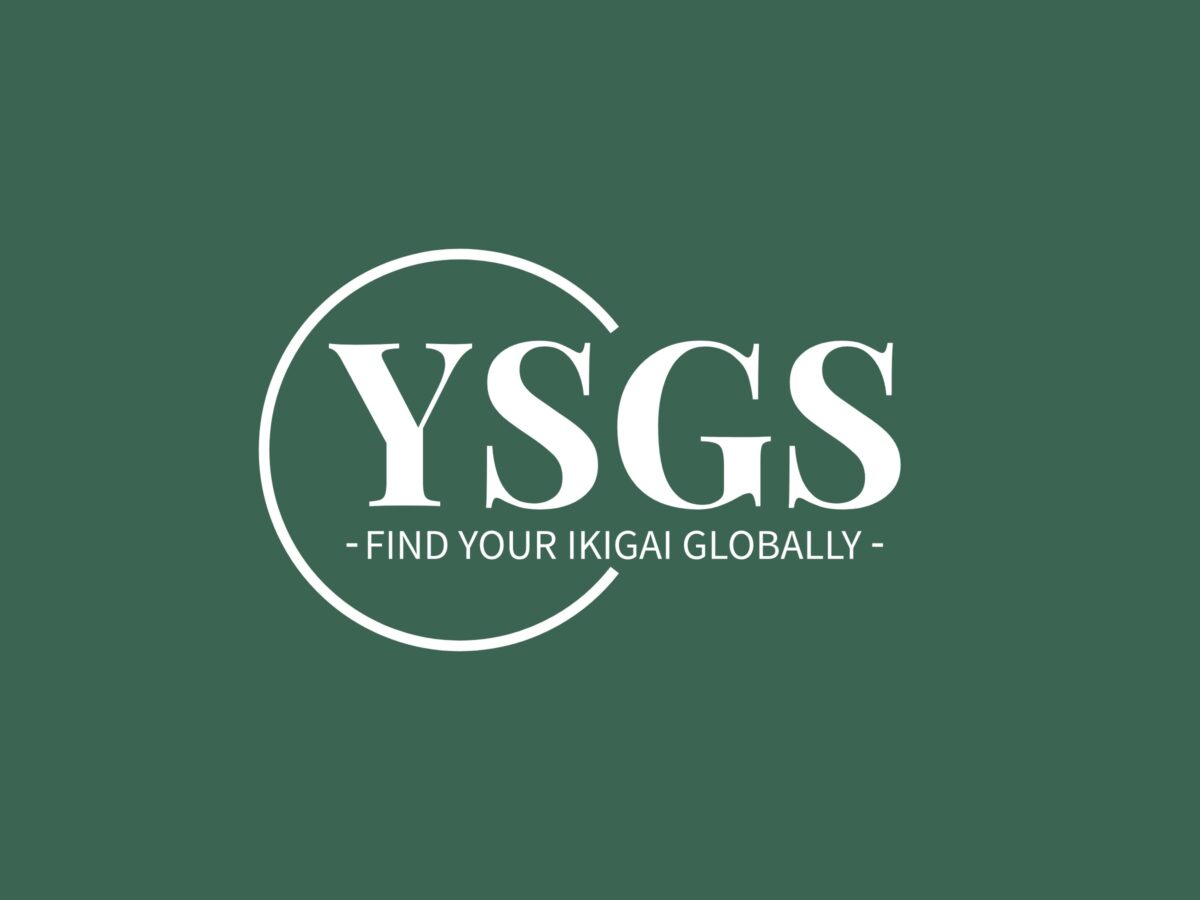YS Global Search (YSGS) and the Koudous International Law Office in Berlin have formed a partnership to support Japanese companies in Germany with hiring and labour issues. In this and future blogs, we will introduce tips on German labor laws and legal matters that international companies, especially Japanese companies, should know and understand.
About the Author
Roman Koudous, Attorney-at-Law (Rechtsanwalt)
Koudous Intl. Law Office |Berlin
Roman Koudous is a seasoned attorney with extensive experience in international business law.
Based in Berlin and Tokyo, he supports Japanese companies across various legal matters
including labor law, corporate formation, contract negotiation, and M&A.; His firm provides
comprehensive legal support tailored to industries such as tech, pharmaceuticals, fashion, and
automotive.
Table of Contents
A Practical Guide for Japanese Companies to make a German Employment Contract
Key Elements to Include in Employment Contracts When Hiring in Germany
For Japanese companies hiring in Germany, a well-drafted employment contract is a critical tool for minimizing legal risks, ensuring compliance with local laws, and fostering a trusting relationship with employees. German labor law is highly protective of employees, and employment contracts must adhere to strict legal requirements while addressing practical considerations. This article provides a comprehensive guide to the essential components of an employment contract in Germany, along with practical advice to help employers navigate the hiring process smoothly and mitigate potential disputes.
Additional Clauses to Consider for Japanese companies in Germany
In Germany, employment contracts are strongly recommended to be in writing to ensure clarity and legal enforceability. While oral contracts are legally valid, written contracts are the standard to avoid ambiguity and disputes. Below are the mandatory elements that must be included in every employment contract:
- Basic Information:
- Full names and addresses of both the employee and employer.
- The start date of employment.
- The job title or a brief description of the role (e.g., Sales Manager, Software Developer, or Marketing Specialist).
- Compensation Details:
- The gross salary, including any bonuses, commissions, or overtime pay.
- The currency (typically EUR) and payment frequency (usually monthly).
- Specific payment dates (e.g., the last working day of the month).
- Any additional benefits, such as performance-based incentives or allowances.
- Working Hours:
- The agreed weekly or daily working hours (e.g., 40 hours per week).
- Details of break times (minimum 30 minutes for shifts exceeding six hours, as per German law).
- For shift-based roles, a clear outline of the shift schedule or roster.
- Vacation Entitlement:
- The number of paid vacation days, with a statutory minimum of 24 days per year for a five-day workweek (based on the Federal Leave Act, Bundesurlaubsgesetz).
- Provisions for special leave (e.g., for marriage, childbirth, or bereavement), if applicable.
- Notice Periods for Termination:
- The statutory notice period (Kündigungsfrist), which varies based on the length of employment (e.g., one month for employees with less than two years of service, as per § 622 of the German Civil Code, BGB).
- Any agreed-upon notice periods, including shorter periods during probation (typically two weeks).
- Reference to applicable collective bargaining agreements, if relevant.
- Job Duties and Responsibilities:
- A detailed description of the employee’s role and responsibilities (e.g., “Developing and implementing sales strategies for the German market” or “Providing technical support to clients”).
- Flexibility clauses, if applicable, allowing for reasonable adjustments to duties.
- Confidentiality Obligations:
- Provisions governing the handling of sensitive business information.
- Clear definitions of what constitutes confidential information (e.g., trade secrets, client data).
- Obligations extending post-employment, if legally permissible and appropriately drafted.
Example: A technology company establishing a sales team in Germany should clearly outline working hours and compensation structures in the contract to prevent disputes over overtime or bonuses. Similarly, a pharmaceutical company hiring researchers must include robust confidentiality clauses to protect proprietary research data and mitigate the risk of intellectual property leaks.
Additional Provisions to Enhance Contract Clarity and Compliance
Beyond the mandatory elements, including the following provisions can enhance the contract’s transparency, protect the employer’s interests, and ensure compliance with German labor laws:
- Probationary Period:
- A probationary period, typically up to six months, during which a shorter notice period (minimum two weeks) applies.
- Any changes to terms (e.g., salary increases) upon successful completion of the probationary period.
- Overtime Regulations:
- Compliance with the German Working Time Act (Arbeitszeitgesetz), which limits working hours to eight hours per day (extendable to ten hours under specific conditions).
- Details on overtime compensation, such as a 25% premium for overtime hours or compensatory time off.
- Remote Work Arrangements:
- Conditions for remote or hybrid work, including the frequency (e.g., two days per week from home) and any employer-provided equipment (e.g., laptops or software licenses).
- Expectations for availability and communication during remote work.
- Non-Compete Clauses:
- Post-employment non-compete clauses (nachvertragliches Wettbewerbsverbot) restricting employees from joining competitors must comply with strict legal requirements under § 74 of the German Commercial Code (HGB). These include:
- A maximum duration of two years post-employment.
- Compensation of at least 50% of the employee’s most recent salary during the restricted period.
- Written agreement signed by both parties.
- Careful drafting is essential, as overly restrictive clauses may be deemed unenforceable.
- Post-employment non-compete clauses (nachvertragliches Wettbewerbsverbot) restricting employees from joining competitors must comply with strict legal requirements under § 74 of the German Commercial Code (HGB). These include:
- Applicable Law and Jurisdiction:
- A clause specifying that German law governs the contract.
- Designation of the competent labor court (e.g., Arbeitsgericht Berlin) for resolving disputes.
- Employee Benefits such as transportation allowances, meal vouchers, or company pension schemes.
Example: A fashion company hiring designers in Germany should include detailed non-compete and confidentiality clauses to safeguard proprietary designs and brand identity. For an automotive manufacturer employing engineers, specifying remote work conditions can enhance flexibility while ensuring compliance with workplace regulations.
Cultural and Legal Considerations in Germany
German labor law and workplace culture emphasize employee protections and work-life balance, requiring employers to approach contract drafting with care:
Respecting statutory rest periods (e.g., 11 hours between shifts under the Arbeitszeitgesetz) is mandatory.
Strong Employee Protections:
German labor laws prioritize employee rights, and contract terms deemed excessively unfavorable to employees may be invalidated by courts. For instance, excessively long probationary periods (beyond six months) or unfair termination clauses are likely to be unenforceable.
Compliance with the German Protection Against Unfair Dismissal Act (Kündigungsschutzgesetz) is critical for companies with more than ten employees, as it imposes strict conditions for terminating employees.
Language Considerations:
Contracts should be drafted in German to ensure legal clarity and enforceability. Providing a Japanese translation as a courtesy can help Japanese employers and employees, but the German version prevails in legal disputes.
Clear, precise language is essential to avoid misunderstandings, particularly for employees with limited German proficiency.
Works Council Involvement:
If the company has a works council (Betriebsrat), it must be consulted before implementing significant changes to employment terms or introducing new contract templates, as required by the Works Constitution Act (Betriebsverfassungsgesetz).
Failure to involve the works council may render certain contract terms invalid.
Work-Life Balance:
German employees value work-life balance, and contracts imposing excessive working hours or unrealistic expectations may lead to dissatisfaction or legal challenges.
Practical Steps for Drafting Employment Contracts
To create a robust and compliant employment contract, Japanese companies should follow these practical steps:
Maintain records of employee acknowledgment of contract terms (e.g., signed copies) and any works council consultations to demonstrate compliance in case of audits or disputes.
Use a Compliant Template:
Work with a German labor law expert to develop a contract template that complies with statutory requirements and includes all mandatory elements.
Customize for the Role:
Tailor the contract to the specific job role, incorporating details on duties, compensation, and working conditions relevant to the position.
Engage Legal Counsel:
Have the contract reviewed by a German employment lawyer to ensure compliance with local laws and mitigate risks of unenforceable clauses.
Communicate with Employees:
Discuss the contract terms with prospective employees to clarify expectations and address any questions, fostering transparency and trust.
Regularly Update Contracts:
Periodically review and update contracts to reflect changes in German labor law, collective agreements, or company policies.
Ensure Accurate Translations:
If providing a Japanese translation, hire a professional translator to ensure consistency between the German and Japanese versions, avoiding discrepancies that could lead to disputes.
Document Compliance:
Maintain records of employee acknowledgment of contract terms (e.g., signed copies) and any works council consultations to demonstrate compliance in case of audits or disputes.
Conclusion
A well-crafted employment contract is essential for Japanese companies hiring in Germany to ensure legal compliance, protect business interests, and build strong employee relationships. By including all mandatory elements, addressing additional provisions like remote work or non-compete clauses, and respecting Germany’s employee-centric labor laws and cultural norms, employers can minimize risks and create a foundation for successful employment relationships. Consulting with local legal experts and maintaining clear communication with employees are critical steps to achieving a smooth and compliant hiring process. For further guidance, companies should seek advice from qualified German employment lawyers or refer to resources like the German Federal Employment Agency (Bundesagentur für Arbeit) for up-to-date information on labor regulations.
About YS Global Search (YSGS)
YS Global Search was founded in February 2024 in Duisburg, Germany. Based on our vision, mission and values, we provide the best talent acquisition experience to our clients and the best career consulting experience to our candidates. We specialize in headhunting and executive search for local management positions in Europe, especially Germany. We are not just a recruitment company that delivers a pool of candidates to our clients and a job to our candidates. We promise to be a business partner to our clients, enhancing and strengthening their organization through the introduction of experienced and professional talent. We also promise to be a lifelong career development partner to our candidates, supporting their growth and satisfaction throughout their career milestones.
Yu Shimokawa
- International Executive Recruitment Specialist for local management placements in Germany
- 15 years of experience as executive search, recruitment, and headhunting consultants in
- Tokyo, Japan for 1 year
- Bangkok, Thailand for 10 Years
- Düsseldorf, Germany for 4+ Years
- Currently based in Duisburg, Germany
Please do not hesitate to contact us if you have any questions regarding recruitment in Germany/Europe. We will be happy to provide you with the latest market trends and information based on our own recent recruitment experience.




